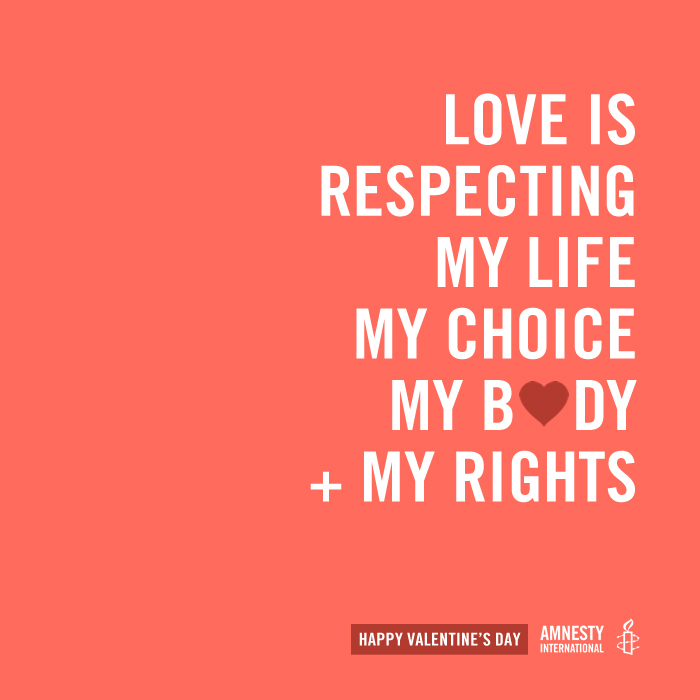
By Katie Bellamy Mitchell, Identity and Discrimination Unit Intern
This February 14th, I’ll spend Valentine’s Day with people I love. And when I say I love them — my friends and family — I mean I value them. I mean I have decided my life is better when they are a part of it. It’s easy to take for granted, yet people around the world are denied the right to decide the people they share their lives with—even denied the right to make decisions over their own bodies. They are forced to accept others’ decisions about their healthcare, their sexual orientation, and whether they get married or have children.
To live, love, and make decisions free from coercion and threat of violence is a human right. Love is a decision that always means respect: for my body, for my rights, and for the bodies and rights of others.
- Love means being free to choose my partner.
I have the right to choose whom I love. This means deciding who I want to spend my life with — without coercion or discrimination — and legal protection from those who would make that decision for me. While I enjoy this freedom, many others are deprived these rights.
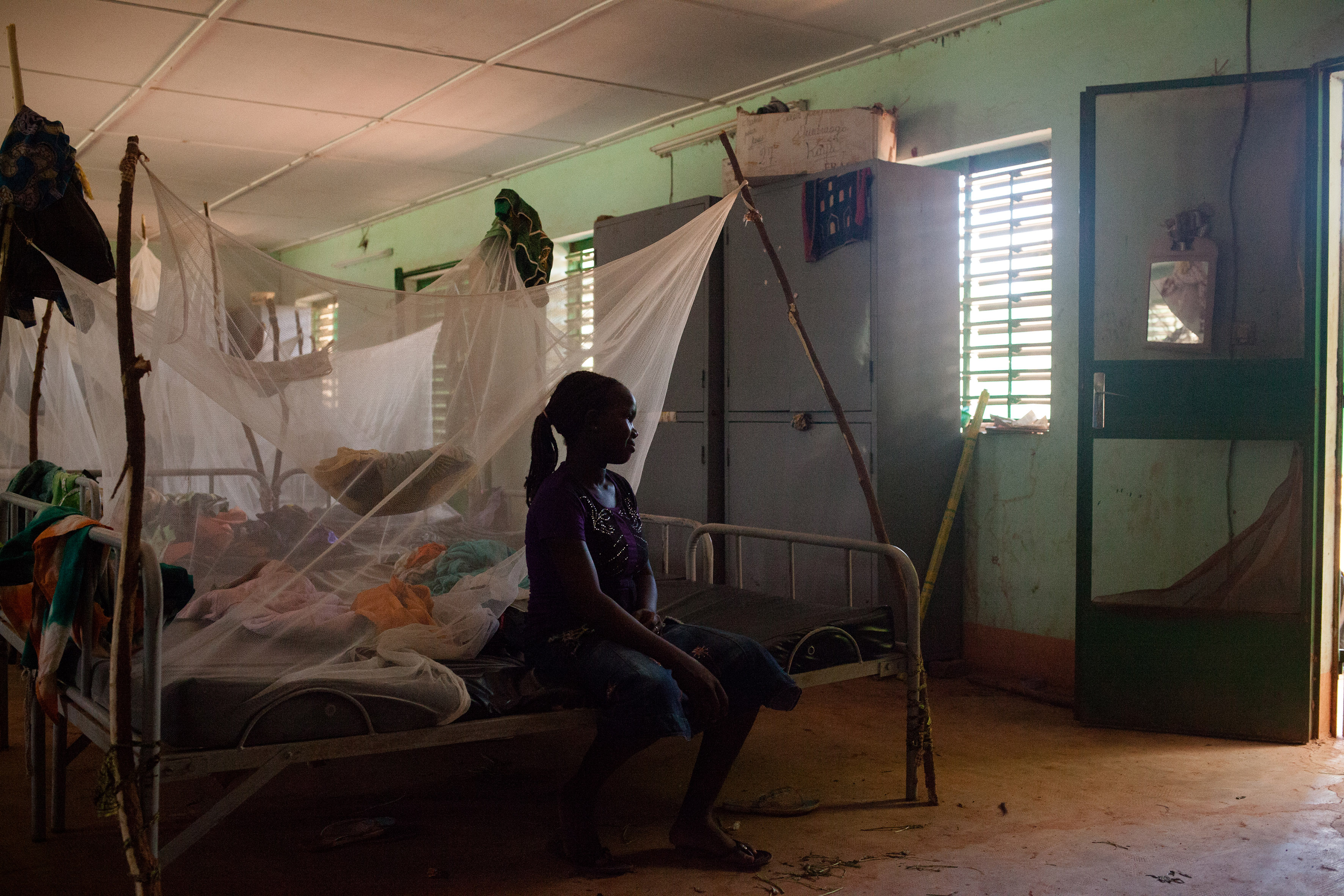
In Burkina Faso an average of one out of two girls will be married before they’re 18 years old, often to much older men. Early and forced marriage can compromise their health, economic opportunities, and education, even before they’re old enough to vote.
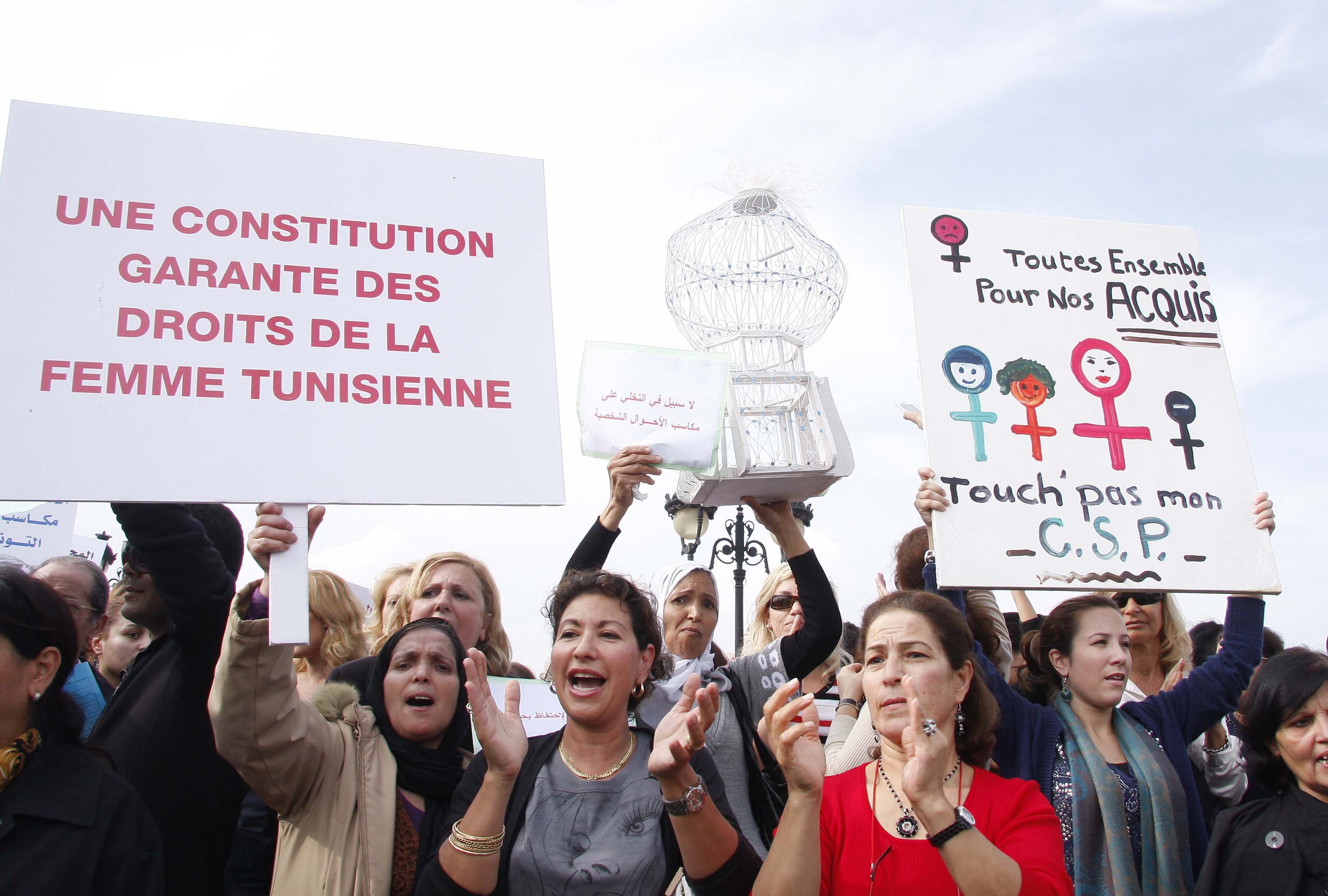
Tunisian women demonstrate for the protection of their rights in November 2011 ©SALAH HABIBI/AFP/Getty Images
In Tunisia, sexual assault survivors are punished, not protected. Young survivors can be pressured to marry their rapist to “protect their honor.” Additionally, the government does not recognize rape if the attacker is a spouse. Laws criminalizing sexual relations between unmarried adults and same-sex individuals leave individuals assaulted because of their sexual orientation or gender identity without protection or access to medical care.
- Love means deciding if, and when to get pregnant.
Around the world, women are denied information about contraception and healthcare. Imagine finding out that unprotected sex can make you pregnant only after your third or fourth child, and being denied birth control pills or condoms because you don’t have your partner’s or relative’s permission, as in Burkina Faso or Bolivia.
In cases where the law doesn’t directly discriminate, misinformation and oppression are still fueled by social attitudes that value the lives of women less than those of men.
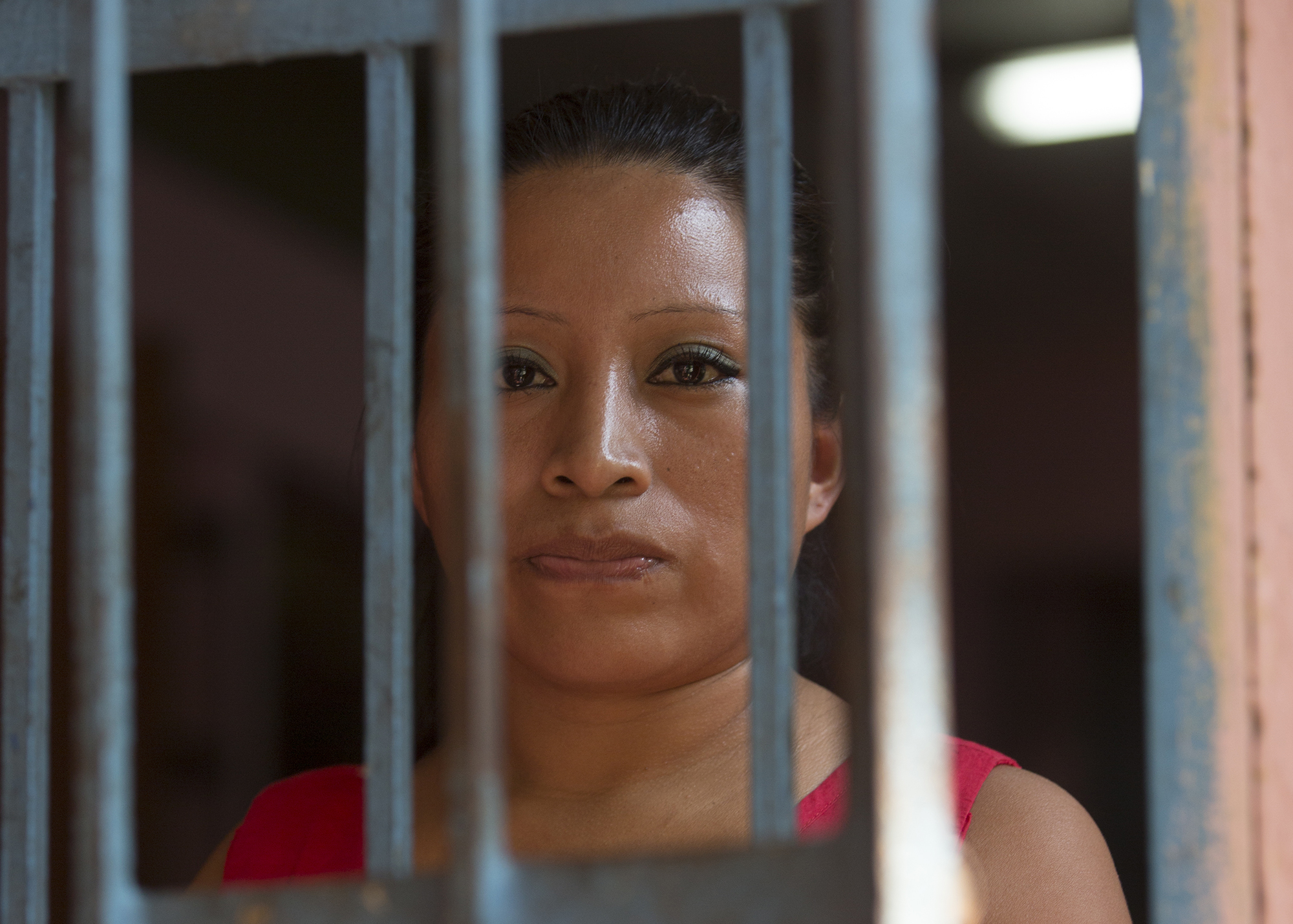
Portrait of Teodora Vasquez at her prison in El Salvador. She had been sentenced for 30 years after having an stillbirth out of suspicions of having had an abortion.
- Love means access to legal abortion and other healthcare options.
Enabling people to love and live without fear entails making sure that the full range of healthcare choices available is practically accessible. The total abortion ban in El Salvador means that women who have miscarried can be charged with aggravated homicide and sentenced to up to 50 years in prison. Those who seek the abortions for personal and medical reasons will do so clandestinely and often at great risk, like those in Ireland who are treated like criminals. Because of laws like these, unsafe abortions have become the third largest cause of maternal mortality worldwide.
I am grateful for my body, my rights, and the freedom I have to love. This Valentine’s Day I’m going to work to make the world better for those I love. Are you? Help us take action, spread the word, and demand sexual and reproductive rights for all!
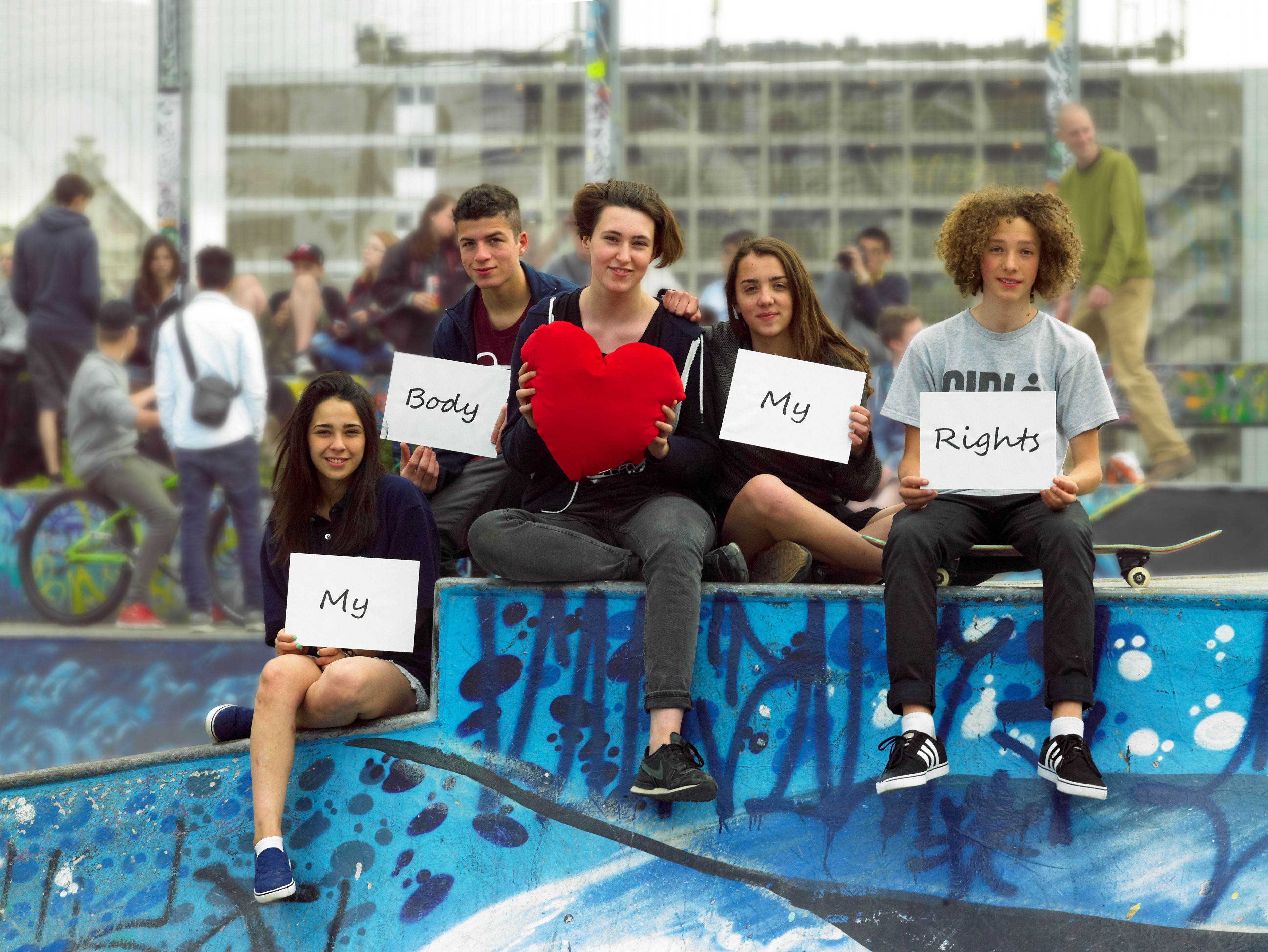
Want to keep the conversation about love going every day, not just on Valentine’s Day? Consider joining our team! We’re looking for candidates to become Sexual and Reproductive Rights Trainers. Learn how to lead and take action in your community! If selected, we’ll fly you to our Annual General Meeting in Miami for our half-day Training Institute on Friday, April 1. Apply today and help defend love and human rights!
If you have written this as an intern, then your writings as a professional will be incredible. Keep up the good work.
У НАС В УКРАИНЕ С ЛЮБОВЬЮ ПРОБЛЕМЫ
It's an important topic to share with https://youtu.be/rVtOucTsvpg and more channels like this one to let people know ! Thank you for this valuable content.
utilize its settings as you locate fit. The shot video clip as well as the testings continued it could be quickly previewed